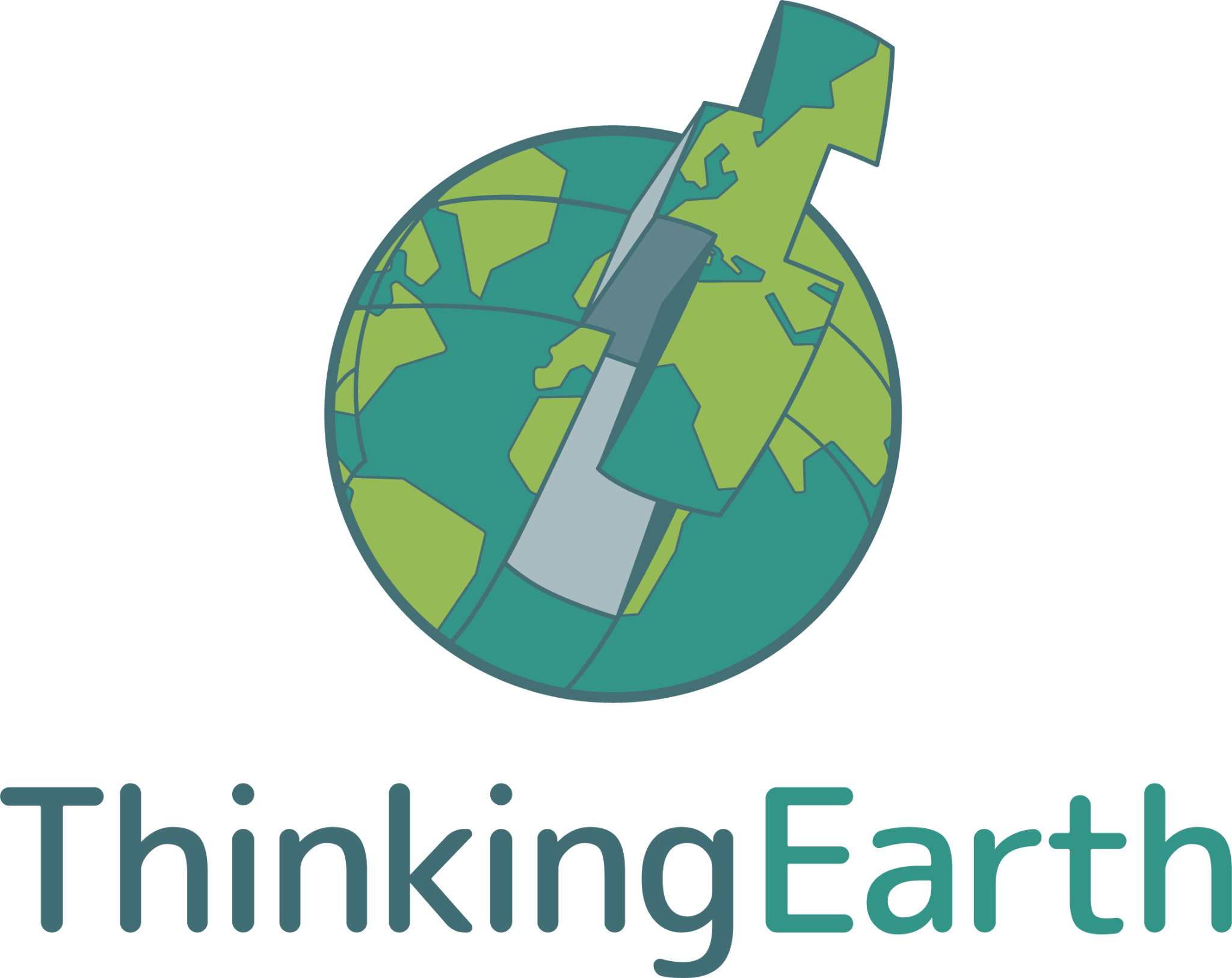©2026 MKLab.
Some Rights Reserved.
Built with Hugo & hyde-hyde.
Logo made by Freepik from www.flaticon.com
ThinkingEarth views the Earth as a complex unified and interconnected system. To harness the power of Artificial Intelligence (AI), cutting-edge techniques such as deep learning, causality, eXplainable AI, and physics-aware Machine Learning are used. Predictive abilities of Self-Supervised Learning and Graph Neural Networks to develop task-agnostic Copernicus Foundation Models and a Graph representation model of the Earth are leveraged. The potential of these assets are demonstrated through small-scale downstream Spotlight Applications, as well as large-scale use cases that integrate distributed industrial and user non-EO datasets. These use cases address ambitious problems with high socio-environmental impact and new business growth opportunities, such as accelerating Europe’s clean energy transition and independence from volatile fossil fuels, understanding Earth’s processes by modelling causal Earth system teleconnections, and assessing and modelling the impact of current and future Climate emergency in biodiversity and food security.
MKLab is responsible for the lead, coordination and technical implementation of the “Biodiversity monitoring in urban environment” use case. The focus is on the development of AI solutions for urban biodiversity monitoring. This particularly involves leveraging Deep Learning methods for downscaling to enhance the spatial resolution of Earth Observation data such as Sentinel-1 and Sentinel-2 which will be expanded with the use of the Copernicus Foundation Models of ThinkingEarth, enabling more frequent and comprehensive monitoring of biodiversity green and/or blue assets at a city scale. By integrating/fusing spatiotemporal Copernicus satellite data and Copernicus core services products, as well as in-situ and geospatial information, MKLab aims to create database and models capable of accurately mapping and monitoring various aspects of urban ecosystems according to user needs, such as plant species identification, vegetation health assessment, tree height characterization, and urban water body monitoring. Through ThinkingEarth, MKLab also aims to make biodiversity monitoring more accessible and scalable for cities, while also facilitating the deployment of tailored ecosystem services for sustainable urban development. Finally, MKLab contributes to the development of multi-modal representation algorithms such as the transfer of computer vision methods from multimedia to Copernicus satellite data.

HORIZON-EUSPA-2022-SPACE-02-55